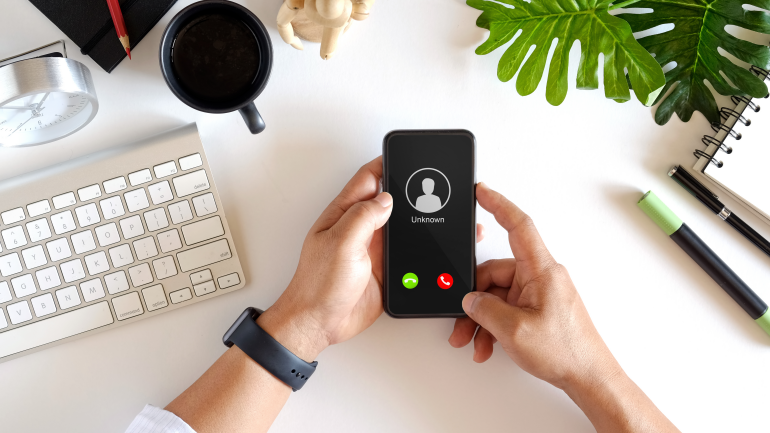Illegal robocalls have been a major source of consumer complaints at the FCC. Hence, as of June 30, 2021, the Federal Communications Commission (FCC) regulations require that all inbound and outbound voice service providers operating in the United States implement STIR/SHAKEN standards in the Internet Protocol (IP) portions of their network in order to combat the plague that robocalls and spoofed calls have become.
Therefore, in order to comply with these FCC requirements and to maintain customers’ trust, DIDWW, a global telecommunications operator and provider of premium quality VoIP services, has announced the successful implementation of Caller ID authentication through the STIR/SHAKEN set of standards.
The industry-standard caller ID authentication framework STIR/SHAKEN is a set of technical standards and protocols that allow the authentication and confirmation of caller ID information when calling over Internet Protocol (IP) networks.
Caller ID authentication technology allows people to trust the caller ID they see on their phone screens, which reduces the effectiveness and success of fraudulently spoofed calls. Caller ID authentication technology also makes it easier for users and law enforcement authorities to identify the source of illegal calls and reduce their damaging impact.
Ligita Chochlova, Legal & Regulations Department Manager at DIDWW, commented: “Robocalls and identity spoofing is a great threat to a modern telecommunications industry. At DIDWW, we strive to maximize the level of safety and security of our services, and we are pleased to confirm that the STIR/SHAKEN standards have been implemented successfully.”
The FCC anticipates that the introduction of STIR/SHAKEN will help reduce robocalls that have left many people reluctant to answer incoming calls. However, it is important to keep in mind that the STIR/SHAKEN protocol is not a complete solution for robocalls and caller ID spoofing and will not prevent phones from ringing when a scammer calls, unless the service provider uses additional anti-robocall tools.







